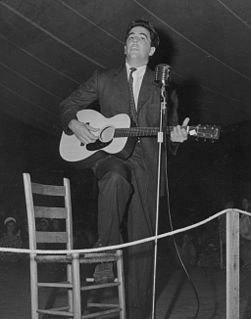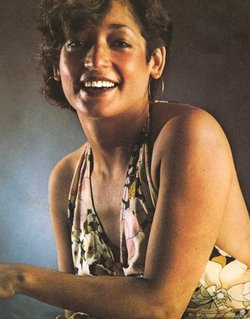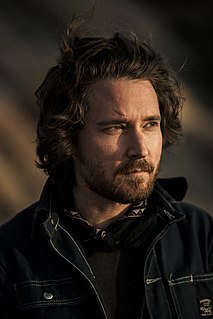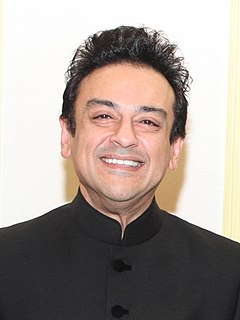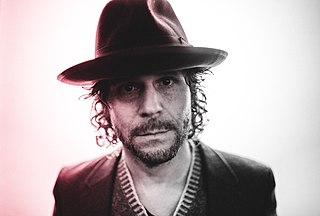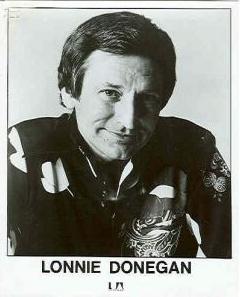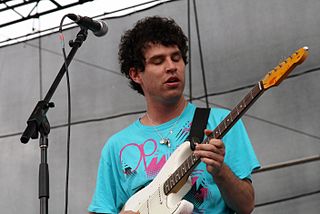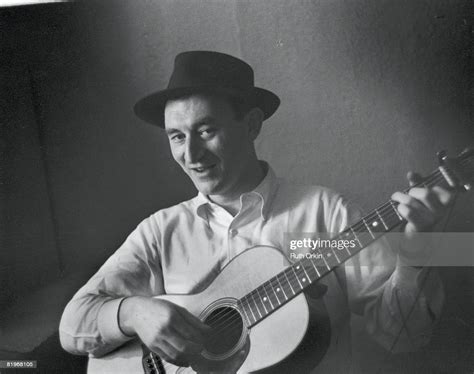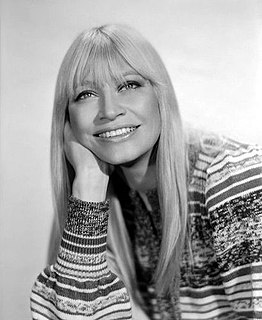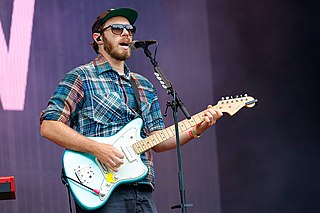A Quote by Alan Lomax
Related Quotes
I think there's a difference between the type of folk music that people put into the box of "folk music" and then there's the kind of folk music that I aspire to and am in awe of, and that is the kind of folk music where it's very limited tools - in most cases a guitar, in a self-taught style that is idiosyncratic and particular to that musician.
I think what makes the Byrds stand up all these years is the basis in folk music. Folk music, being a timeless art form, is the foundation of the Byrds. We were all from a folk background. We considered ourselves folk singers even when we strapped on electric instruments and dabbled in different things.
It's weird, in New York, it's like the big theme of everything is folk music and interacting with people. Maryland is where the landscape of our music comes from, it was more like, let's walk around. People are saying that we are part of some sort of folk scene. We don't feel connected with it. We do live in the city, and communicate with people. It's all folk music.
Now any person who plays an acoustic guitar standing up on stage with a microphone is a folk singer. Some grandmother with a baby in her arms singing a 500-year-old song, well, she's not a folk singer, she's not on stage with a guitar and a microphone. No, she's just an old grandmother singing an old song. The term "folk singer" has gotten warped.
